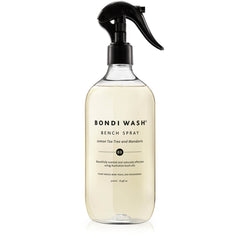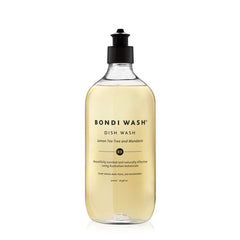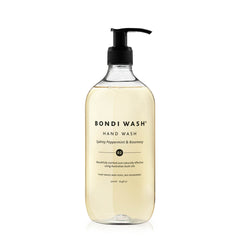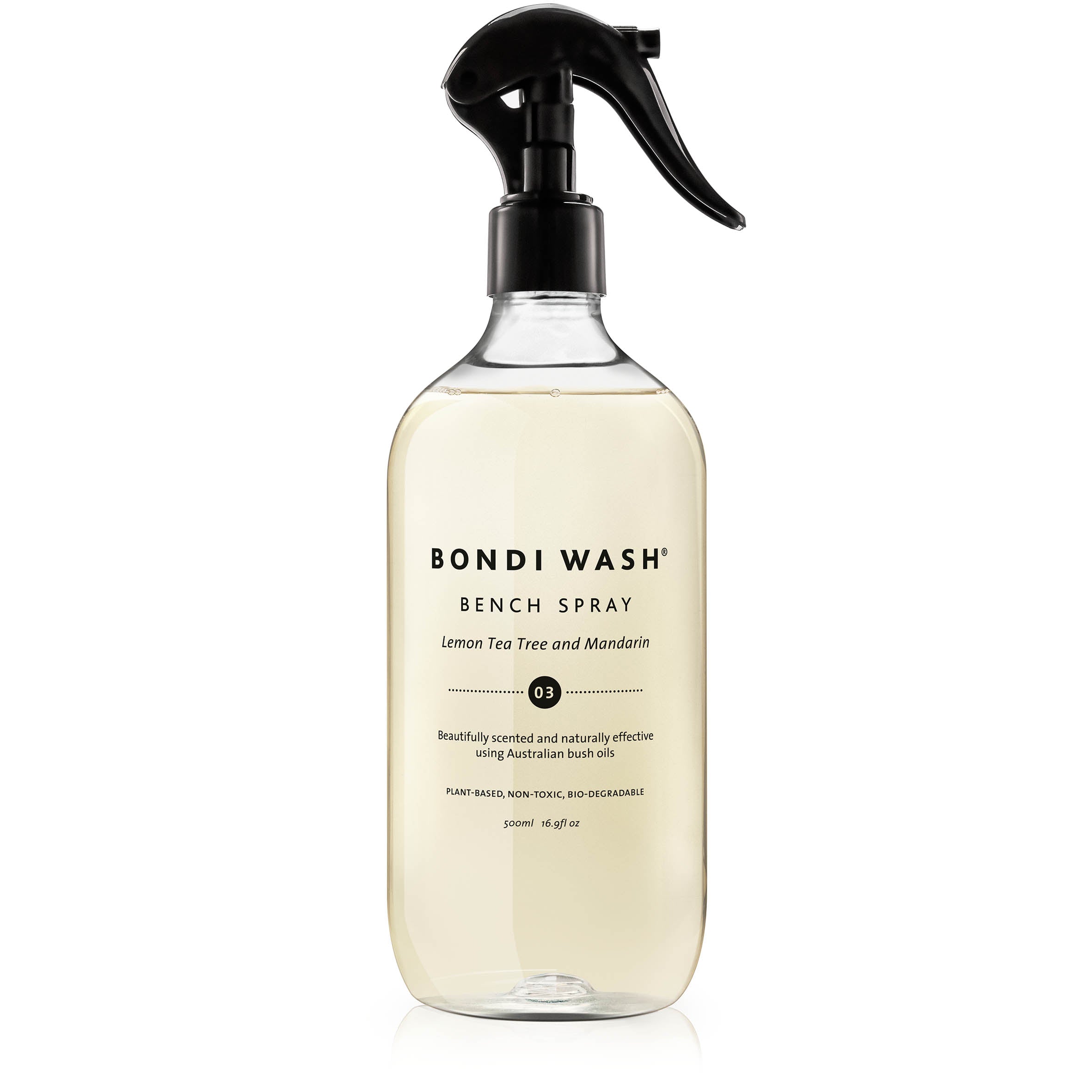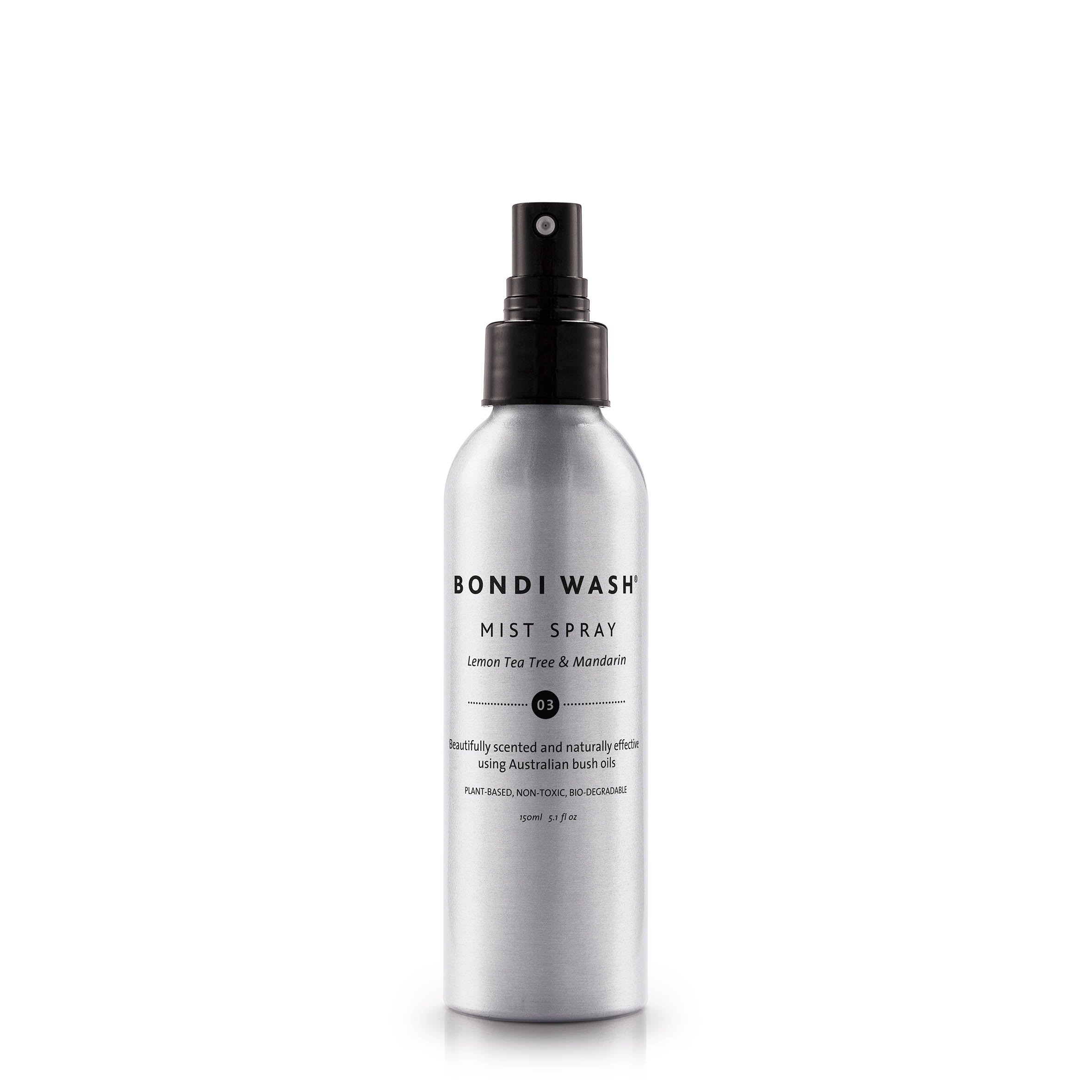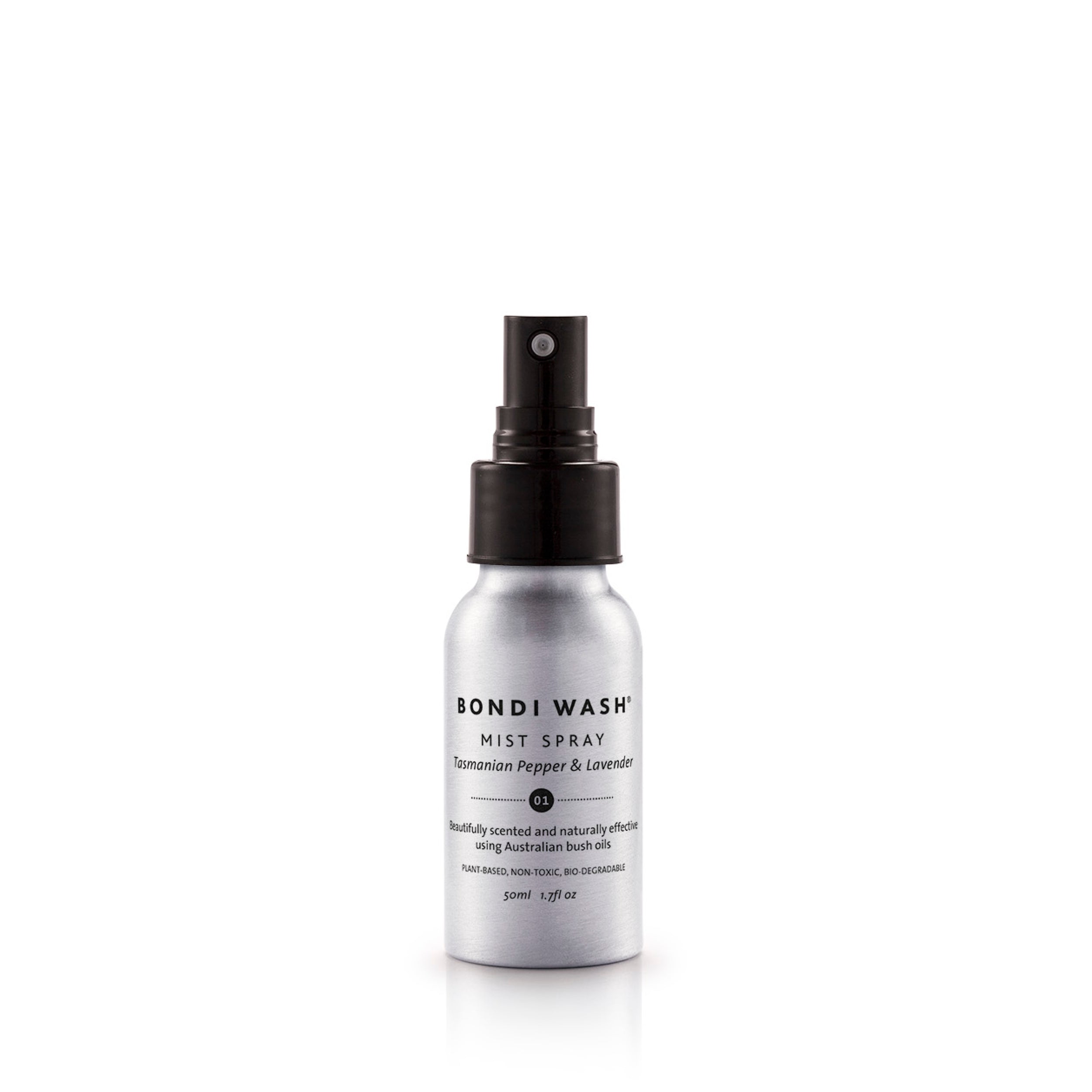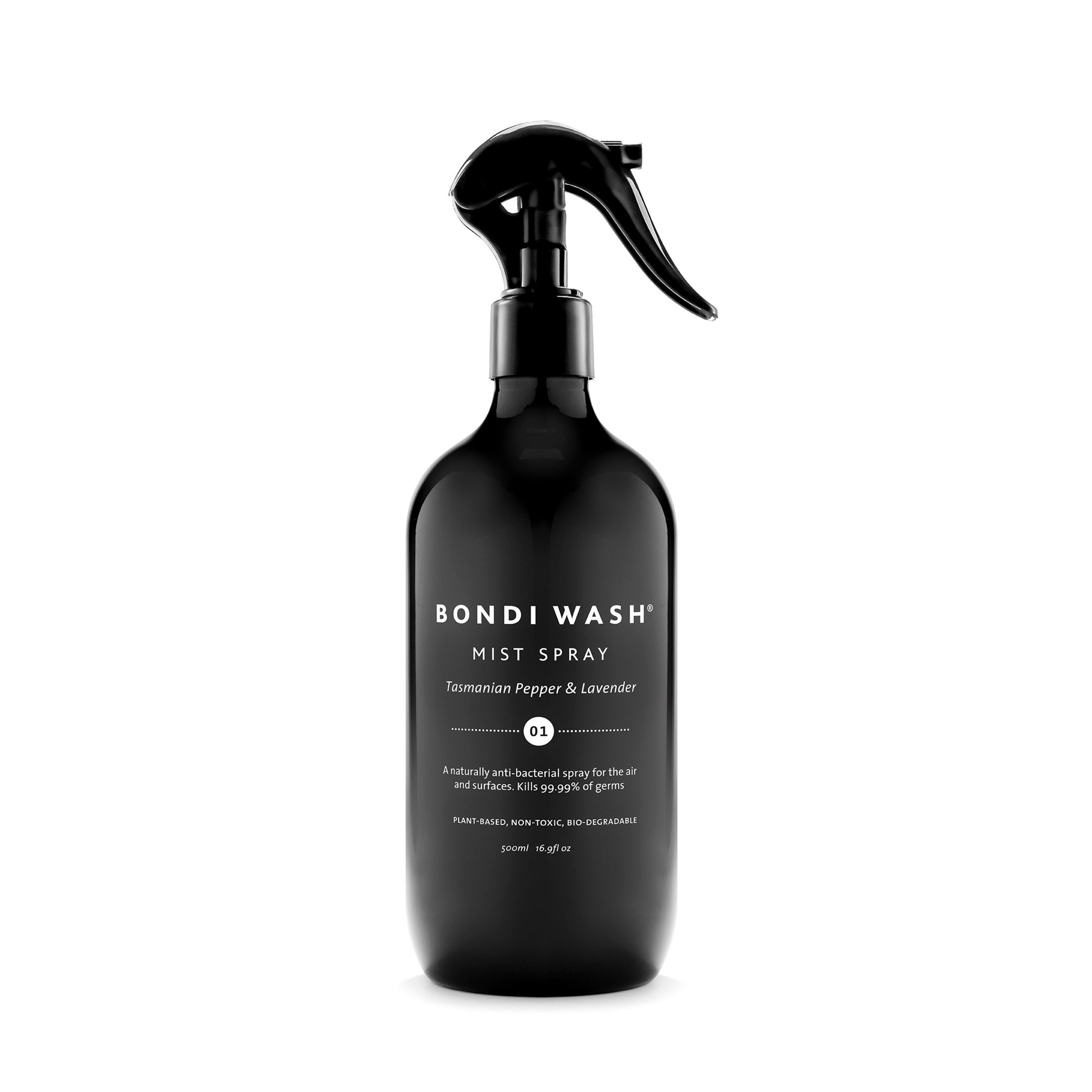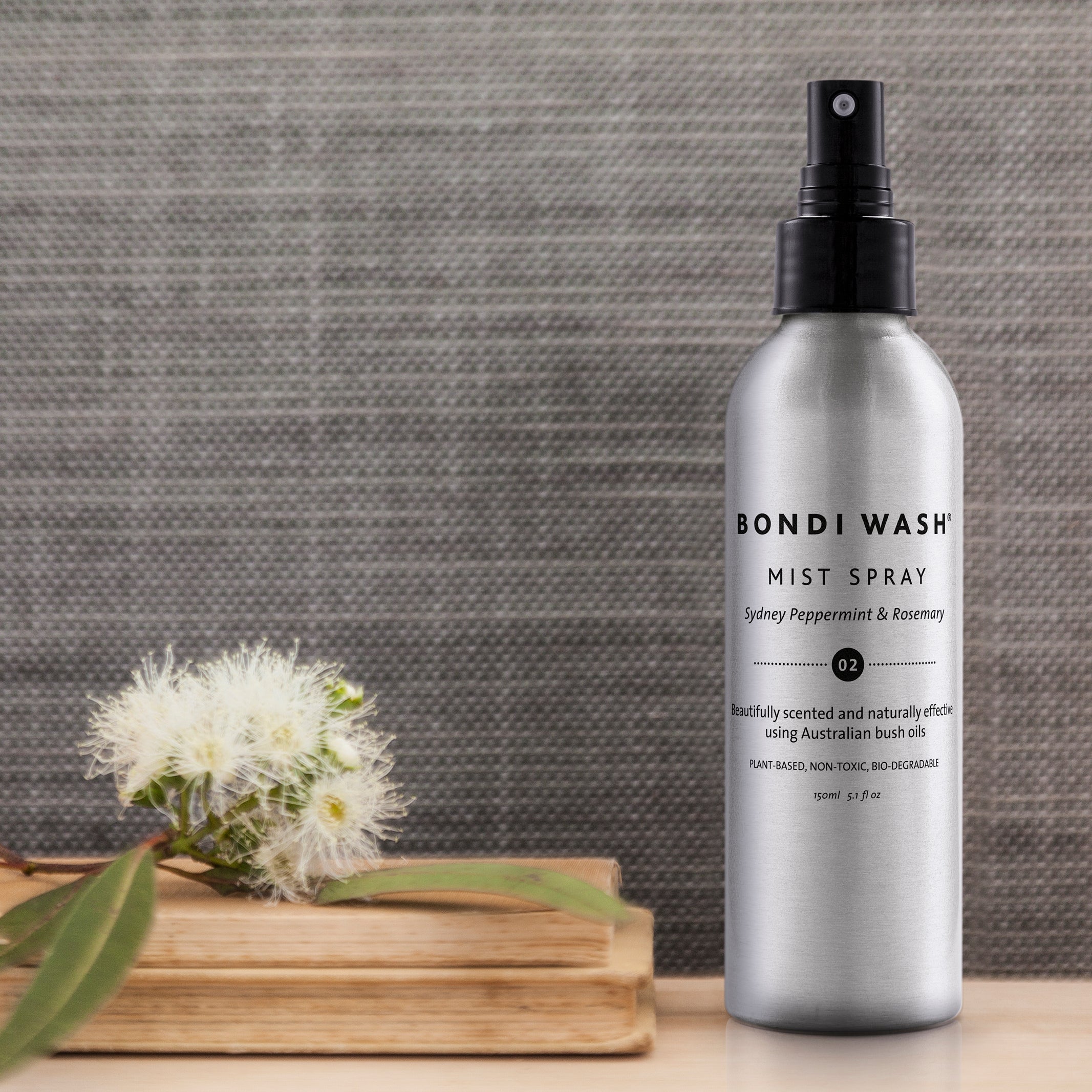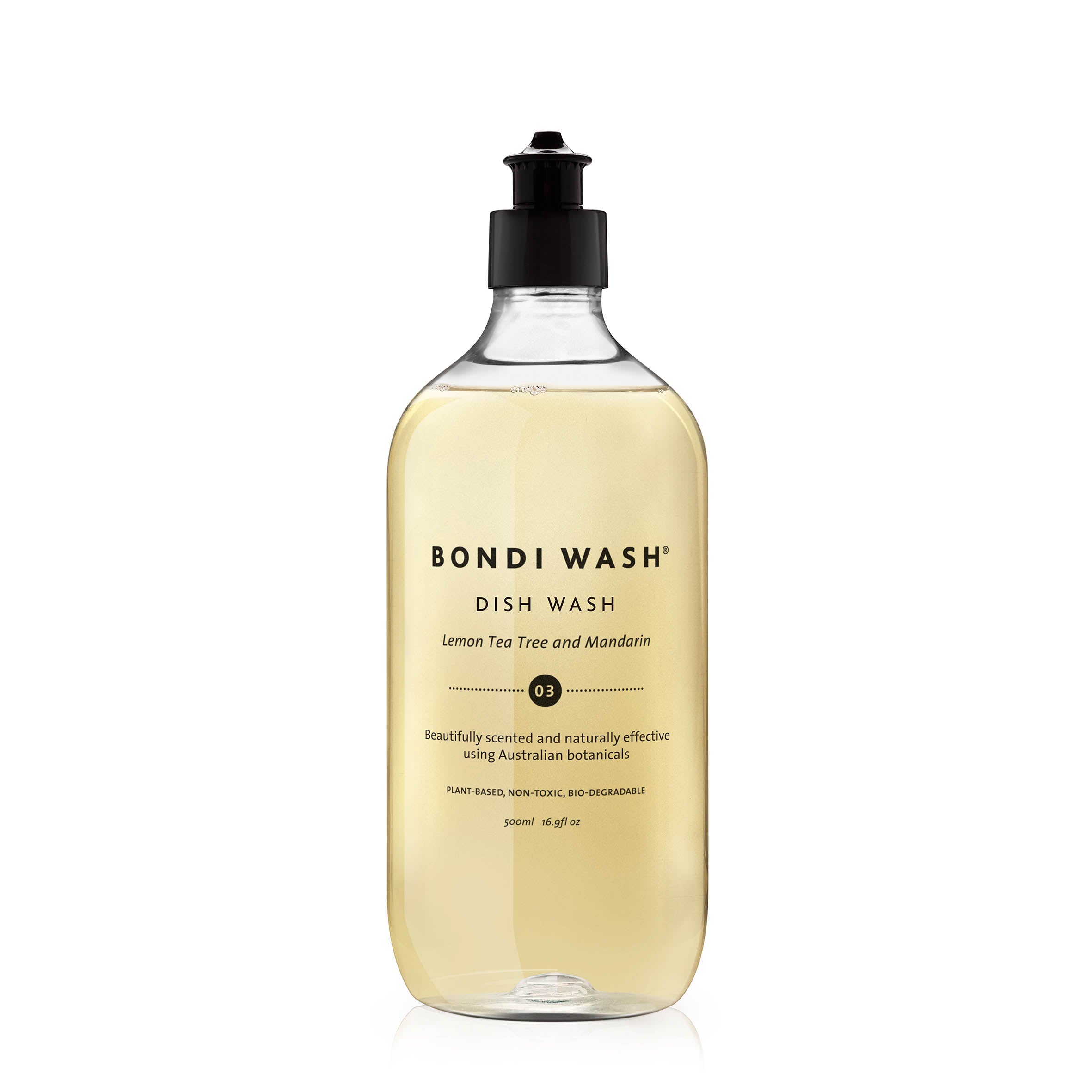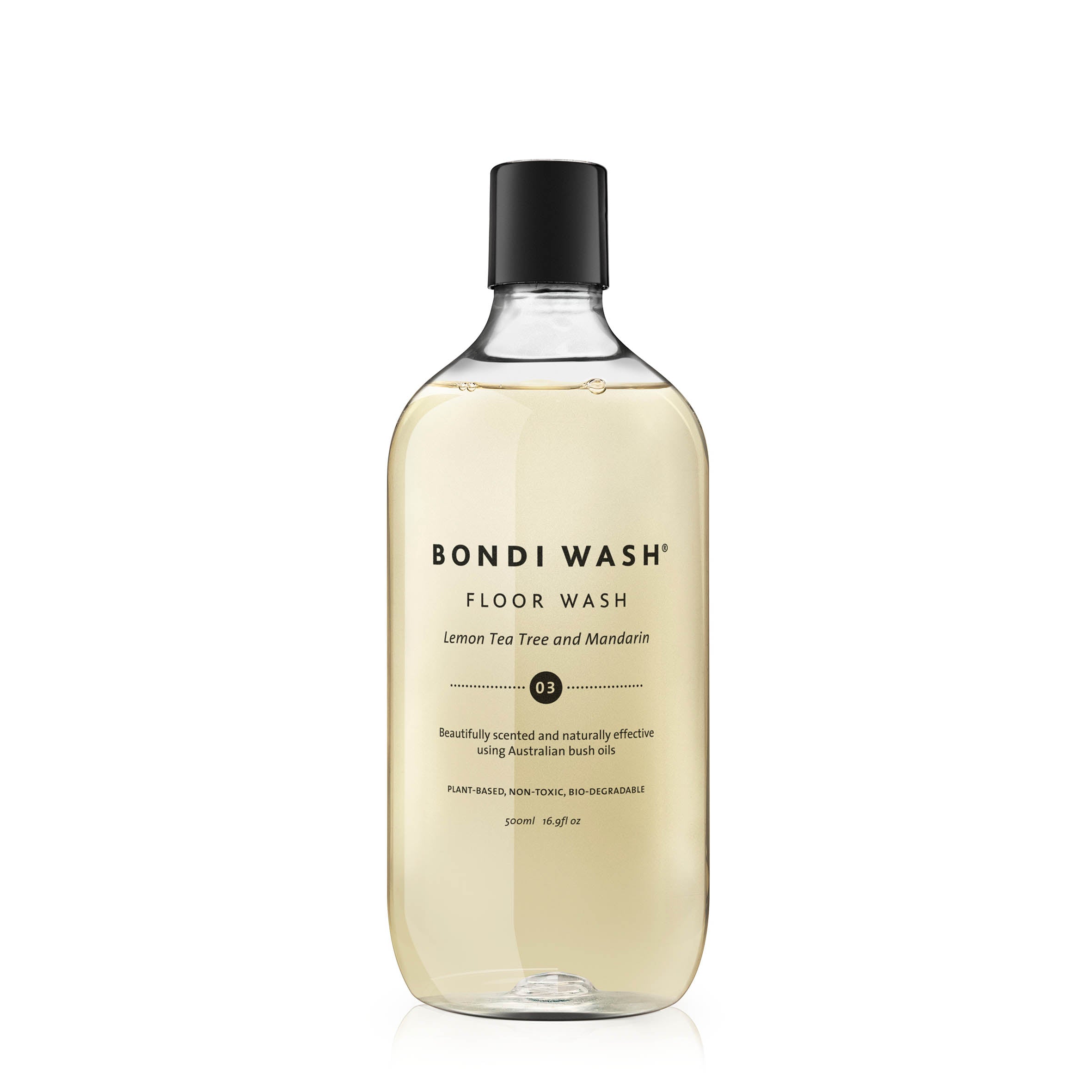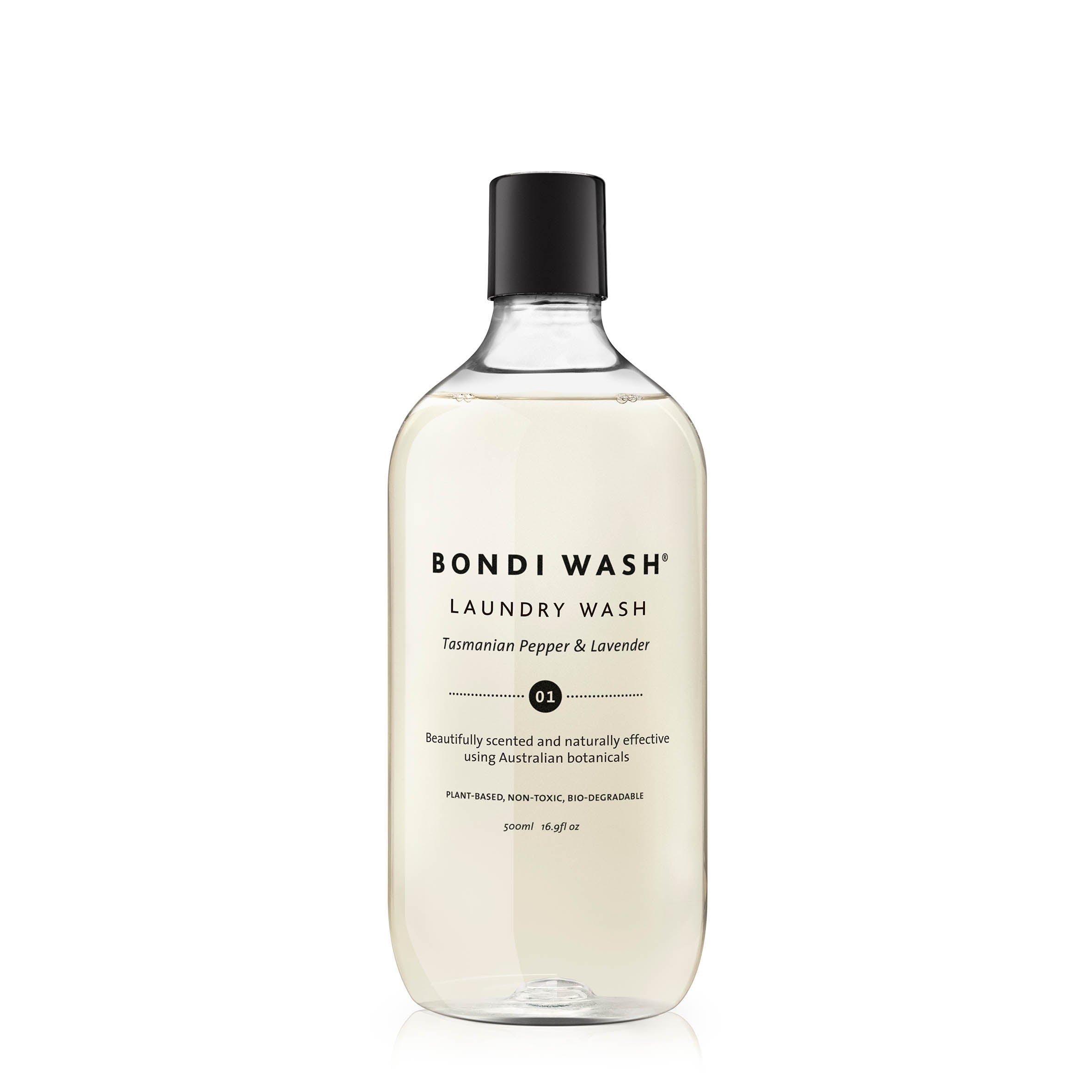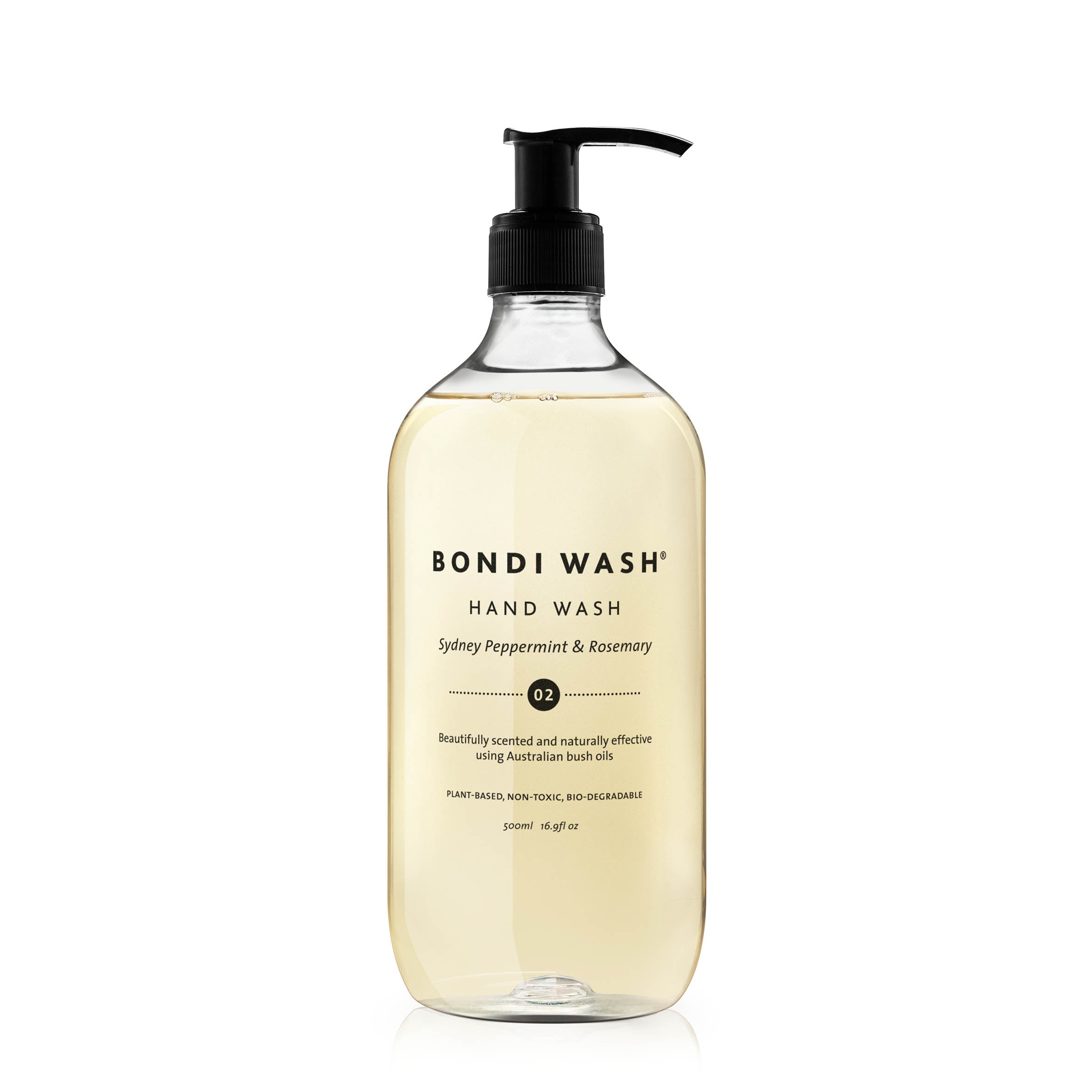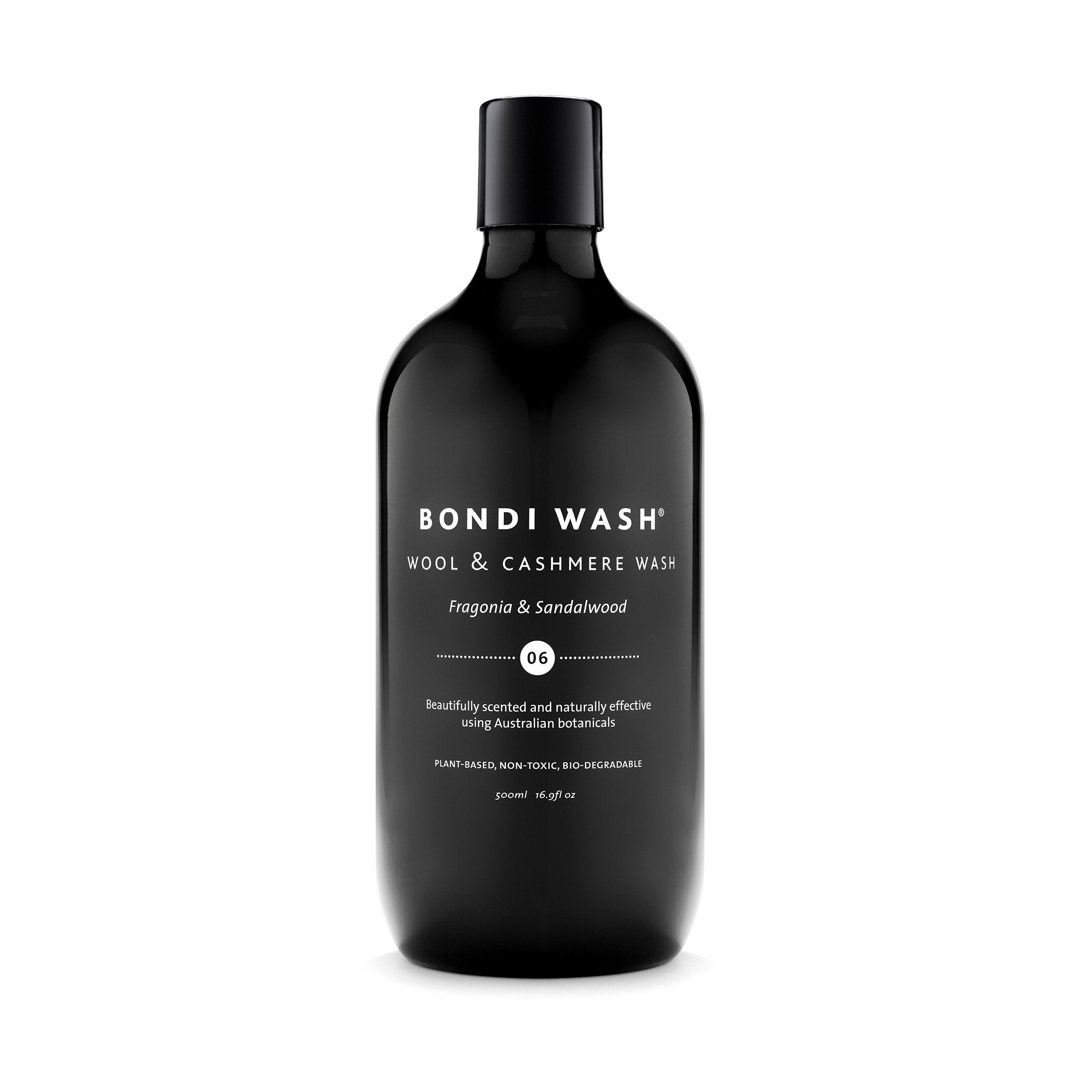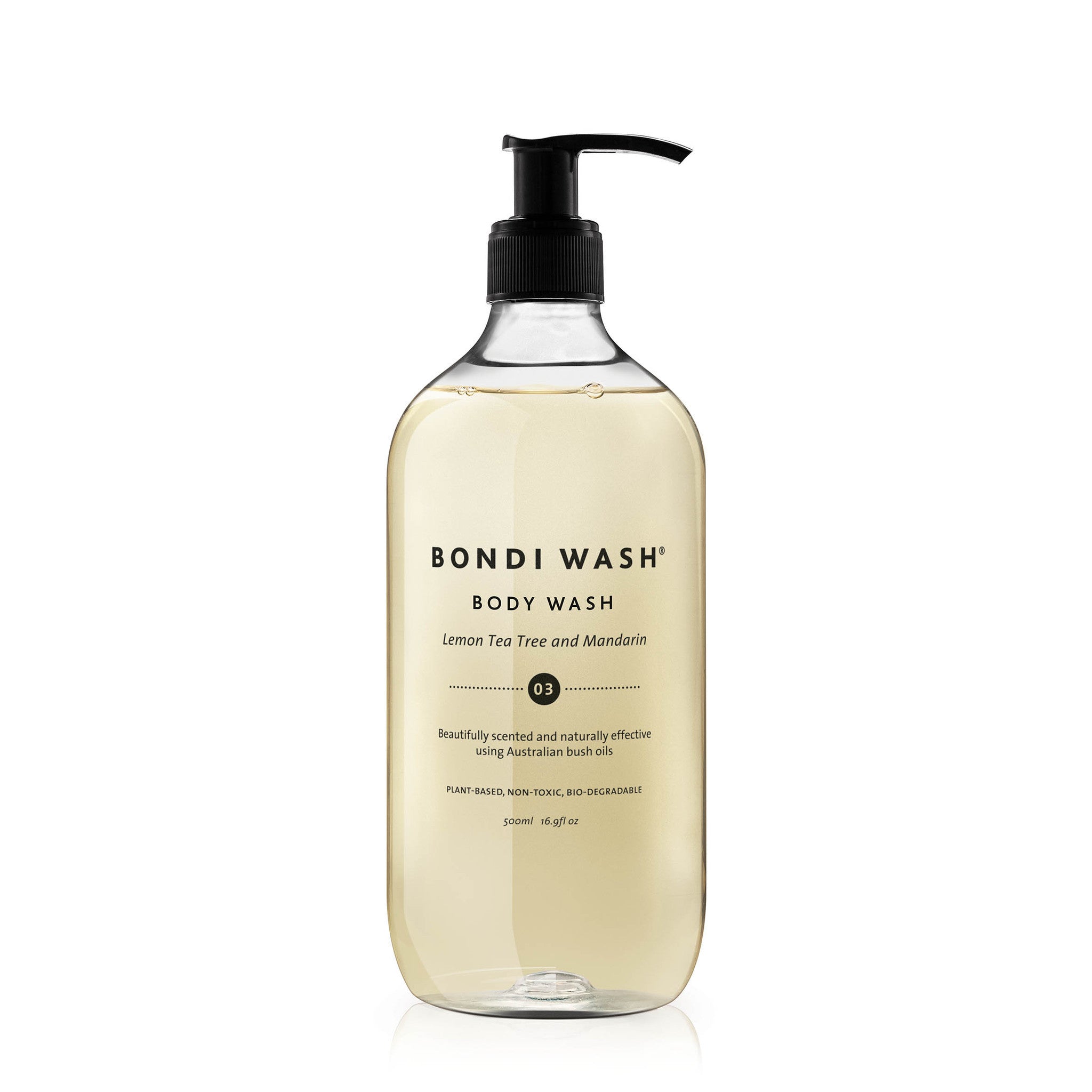This article published recently in the Sydney Morning Herald 'Trend toward natural fragrances may not be healthier' prompted us to detail here on our journal why we choose natural over synthetic fragrance.
The article cites recent research by University of Melbourne researcher Dr Anne Steinemann. The research concludes that one in three Australians report adverse health impacts from fragranced products, with common effects being headaches, respiratory issues and asthma attacks. This study does not specify natural or synthetic fragrance. The SMH article then links completely separate research undertaken by the same researcher to conclude natural fragrance may also be unhealthy.
This research by Anne Steinemann suggested 'toluene' an ingredient sourced from petrochemicals can be found in 50% of essential oils. Other scientific research determines tolulene to be naturally occurring and not in any way hazardous.
A more accurate summary of Dr Steinemann's research can be found here. It states that even when labelled 'natural' a product may still contain synthetic chemicals - and these are the ones that are causing the adverse reactions.
Natural fragrances are chemically complex containing a multitude of constituents, and there is no doubt some plant derived ingredients can be toxic, and some can cause skin irritation. But we are generally aware of the risks associated with different essential oils. They have been in use for a long time and there is extensive research into them.
Aromatherapy, based on extracting scents directly from plants, has been around for thousands of years, starting with the first incense and perfumes created by the Egyptians back in 3000 BC. Synthetic fragrance was first created in French labs in the middle of last century and has taken off due to the ease and low cost of developing mass market scents for perfumes and other cosmetic and household products.
We believe that it is typically synthetic fragrances that cause reactions like headaches and respiratory issues, and not the plant-derived ones in our products. And many of our customers give us feedback along these lines.
One of the major issues with 'fragrance' or 'parfum' as it is labelled on packaging, is that companies do not have to disclose their constituents. So within it may be hiding toxic ingredients including phthalates or harsh preservatives. It is a known labelling loophole. As the industry is unregulated there is no way to guarantee a product statement 'contains natural fragrance'.
Here at Bondi Wash we stake our reputation on offering a range of products that only contain natural fragrance, and fragrances that are carefully developed so as not to irritate (e.g. tea tree oil can be very irritating to the skin so we avoid it). We also test our range on people with very sensitive skin, so our products may be suitable for those with particular sensitivities.
Indeed it was a headache resulting from the chemicals in a supermarket product that prompted Belinda Everingham, Bondi Wash Founder, to begin searching for natural alternatives.
The lesson is to be careful not to jump to conclusions based on sensationalist headlines. There is an enormous amount at stake for mass consumer goods and perfume companies as people begin to realise what they are selling may not be good for us.

